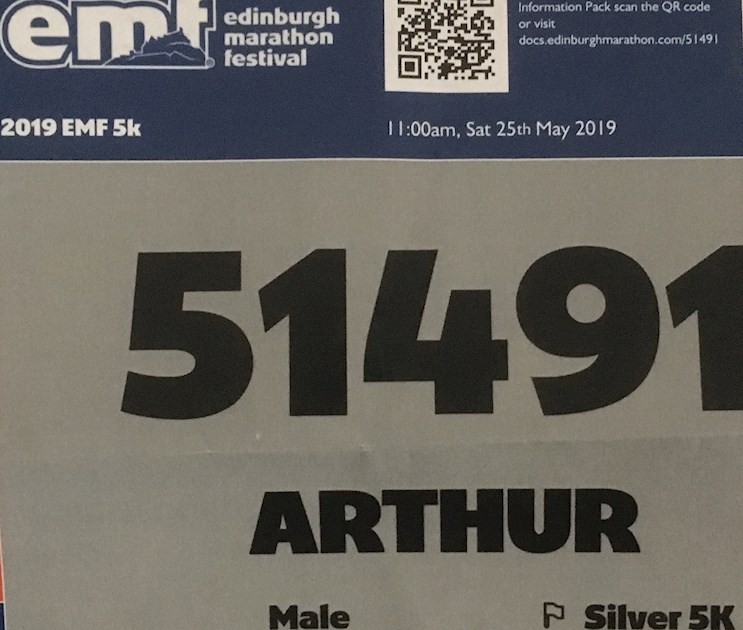So the race number came today. I didn't know tapering was a thing for 5k. I'd heard of it for marathons and stuff but for 5k? Apparently so. I'm on the last week of an eight week training plan for the EMF 5k and it's less demanding than the first week! (Week 7 on the other hand ... but that's in the past.) My last run, before the race itself, should be on Wednesday.
'15 minutes very easy run'.
Wait - WHAT? Only 15 minutes and at a very easy pace? That's basically warm up and warm down with nothing in between. Why leave the house at all ....
So I looked back to where I was exactly a year ago. C25k week 3. I could only run for 9 minutes and that was with THREE walking breaks. Progressing to 16 minutes (with walking breaks) the next week was looking like a proper challenge.
And now I'm looking at a 15 minute continuous run and thinking it's too easy to lace my shoes for.
I think they call that progress. Note to self, stop moaning and be grateful.

